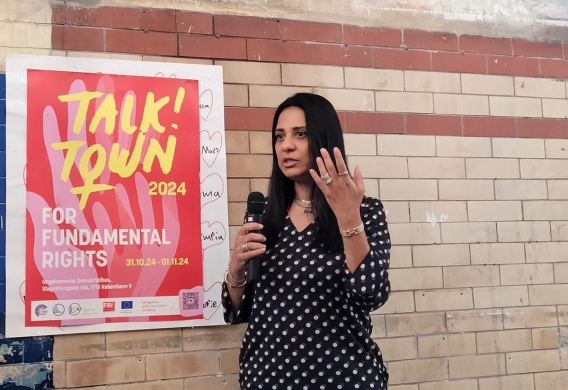Åbenhed om offentligt ansattes indtægt, ejendomme og økonomiske interesser er vigtigt for at hindre korruption og misbrug af offentlige midler. Det viser den første globale analyse af finansiel åbenhed blandt offentligt ansatte fra Verdensbankens Stolen Asset Recovery (StAR) initiativ.
Budskabet er, at nationer internt bør skabe større åbenhed, men også at nationerne udveksler erfaringer.
Disclosure by public officials of their income, assets and interests should be mandated if the fight against corruption is to succeed, according to a study released on Wednesday by the Stolen Asset Recovery (StAR) Initiative of the World Bank and the United Nations Office on Drugs and Crime.
The first global study of financial disclosure laws and practices, “Public Office, Private Interests: Accountability through Income and Asset Disclosure” calls for renewed commitment to income and asset disclosure to deter the use of public office for private gain and to help manage actual and apparent conflicts of interest in the public sector.
The study also finds that asset disclosure systems are more effective when there is a credible threat that violations will be detected and punished.
– Citizens want officials to be honest about their income and assets, to ensure that they are not looting the public coffers or accumulating ill-gotten wealth, said Jean Pesme, Stolen Asset Recovery Coordinator at the publication of the study.
– This helps build a climate of integrity and trust towards senior public officials, he said.
Recent cases involving large-scale looting of assets have also shown that effective Income and Asset Declaration Systems can be a crucial tool for countries in detecting and recovering such assets.
The United Nations Convention against Corruption (UNCAC), which came into force in 2003 and has been ratified or acceded to by 159 countries, calls on its States Parties to establish effective financial disclosure systems for public officials, as well as to consider sharing resulting information with relevant authorities in other States.
The study aims to close the implementation gap on this critical UNCAC requirement.
Among the topics it addresses are the difficult questions around the objectives and scope of a financial disclosure requirement, approaches to verification, sanctions and enforcement, and the often controversial subject of public access to disclosure information.
It also makes the case that context matters, and provides practical recommendations on tailoring income and asset disclosure regimes to different country contexts.














